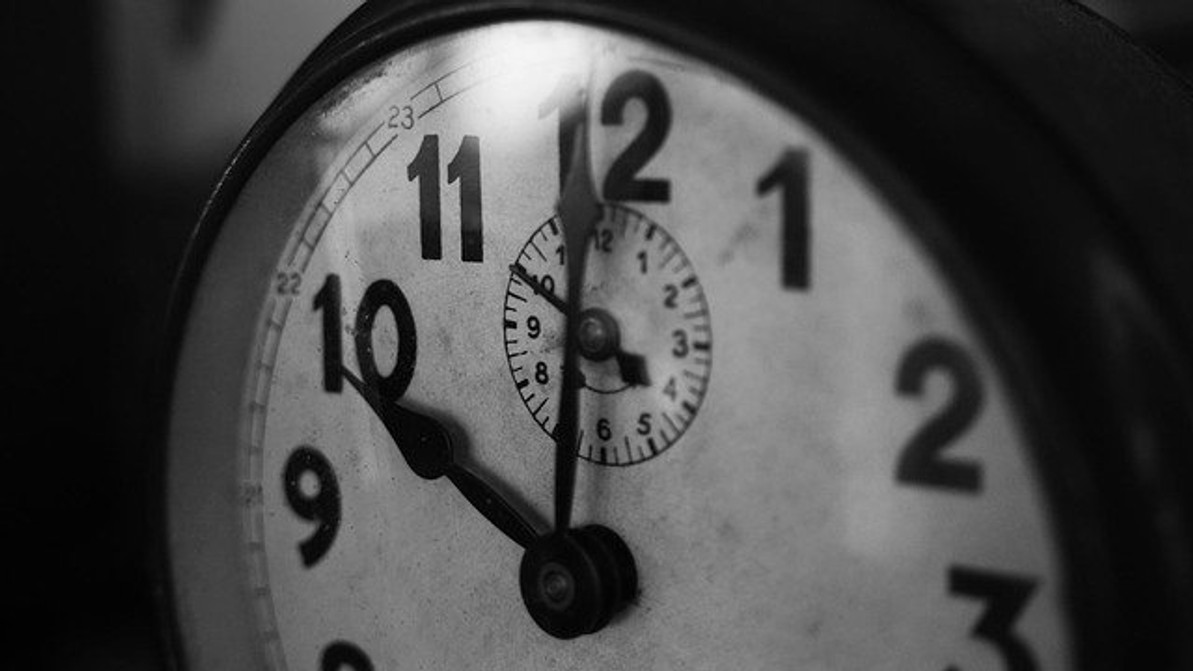Study: Irregular Sleeping Habits Doubles the Risk of Heart Disease
Do you have inconsistent or otherwise irregular sleeping patterns? While it's normal to wake up and go to sleep at different times throughout the week, you shouldn't fall into a habit of doing do. Not only does irregular sleep promote fatigue, but according to a new study, it increases the risk of heart disease as well.
Study Investigates the Correlation Between Irregular Sleep and Heart Disease
A study published in the Journal of the American Cardiology found that people with irregular sleeping patterns are roughly twice as likely to develop heart disease than their counterparts with regular and consistent sleeping patterns. For the study, researchers recruited nearly 2,000 middle-aged and older men and women, none of whom had been diagnosed with heart disease prior to the study. For the next five years, researchers traced their sleeping habits using wearable medical devices.
At the end of the five-year study, researchers found that participants with irregular sleeping patterns were about twice as likely to develop heart disease than those with regular and consistent sleeping patterns.
How Irregular Sleep Affects the Heart
Unfortunately, it's unknown exactly how irregular sleep affects the heart or why it increases the risk of heart disease. One theory is that it contributes to elevated levels of the stress hormone cortisol, which in turn raises your blood pressure.
Other studies have shown that people who don't get sleep have a higher risk of developing heart disease. This recent study, however, is one of the first to show a correlation between irregular sleeping patterns and heart disease.
“We hope that our study will help raise awareness about the potential importance of a regular sleep pattern in improving heart health. It is a new frontier in sleep medicine,” said the study's lead author and researcher Dr. Tianyi Huang.
Tips to Improve the Regularity of Your Sleeping Patterns
If you experience irregular sleeping patterns, you should try to get into the habit of going to sleep and waking up at the same times each day. Of course, that's easier said than done for most people. Nonetheless, there are several things you can do to improve the regularity of your sleeping patterns.
For starters, make sure your bedroom is completely dark. Turn off all lights, including bedside lights, to create a peaceful and quiet sleeping environment. Avoiding caffeinated foods and beverages before bedtime can also improve the regularity of your sleeping patterns. Because it's a stimulant, caffeine interferes with your body's ability to fall and stay asleep.
Recent Posts
-
Fire Safety in the Workplace: What You Need to Know
What steps are you taking to prevent fires in your workplace? According to the U.S. Occupational Saf …Aug 23rd 2023 -
Is It Safe to Go Jogging With a Cold Infection?
If you're suffering from a cold infection, you might be wondering whether it's safe to go jogging. T …Aug 22nd 2023 -
5 Safety Tips to Follow When Using a Powder-Actuated Tool
Powder-actuated tools are commonly used to join materials to steel and concrete. Also known as Hilti …Aug 20th 2023




